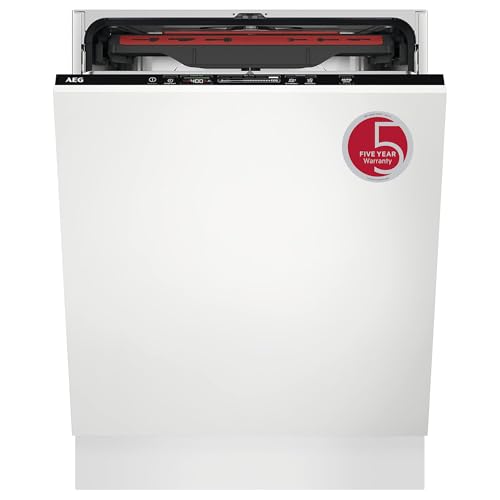


Selecting a vacuum cleaner requires careful consideration of several factors, and suction power is one of the most crucial ones. Suction power determines how efficiently a vacuum cleaner can collect dirt, dust, and debris from carpets and floors. Nonetheless, determining the optimal suction power for your vacuum cleaner can be challenging, as it depends on various factors, such as the type of flooring, foot traffic, and the cleaning area’s size. In this article, we will delve into the factors that impact suction power and assist you in determining the best suction power for your vacuum cleaner.
Factors to Consider When Choosing the Best Suction Power for Your Vacuum Cleaner
Selecting a vacuum cleaner entails giving utmost importance to suction power as it determines its efficacy in picking up dirt, dust, and debris from your carpets and floors. With numerous vacuum cleaners available in the market, it can be challenging to determine the ideal suction power that fits your needs. This article aims to provide insight into the essential factors to consider when choosing the best suction power for your vacuum cleaner.
Understanding the true meaning of suction power is crucial. This power is quantified in air watts, which is a product of the vacuum’s airflow and suction capability. The greater the air watts, the more potent the suction becomes. Nonetheless, suction power should not be the sole criterion for assessing a vacuum’s performance. Other factors, such as the brush roll design and filter quality, are equally significant in determining the vacuum’s cleaning effectiveness.
When selecting the optimal suction power for your vacuum cleaner, several crucial aspects must be taken into account. The initial factor is the type of flooring present in your dwelling. If you have predominantly hard floors, such as tile or hardwood, a lower suction power may suffice as hard floors necessitate less suction to collect dirt and debris. However, if you possess numerous thick carpets or rugs, a vacuum cleaner with a higher suction power is recommended for effectively extracting dirt and debris from the fibers.
When choosing a vacuum cleaner, it is important to take into account the size of your living space. If your home is on the smaller side, such as an apartment or small house, a vacuum with lower suction power may suffice. Conversely, larger homes will likely require a more robust vacuum to achieve a thorough clean. In these cases, opting for a vacuum with higher air wattage is recommended.
When selecting suction power, it’s crucial to take into account the type of debris you intend to remove. If you have furry companions, you’ll require a vacuum with robust suction capabilities to collect pet hair and dander effectively. On the other hand, if you suffer from allergies or asthma, it’s advisable to choose a vacuum equipped with a top-of-the-line filter to capture allergens and prevent their dissemination into the atmosphere.
It’s crucial to take into account your cleaning habits and preferences. If you’re someone who prefers to clean expeditiously and effectively, then opting for a vacuum cleaner with a stronger suction power would be ideal to hasten the process. Conversely, if you prefer a quieter vacuum cleaner, then selecting one with a lower air wattage would be beneficial in minimizing noise levels.











